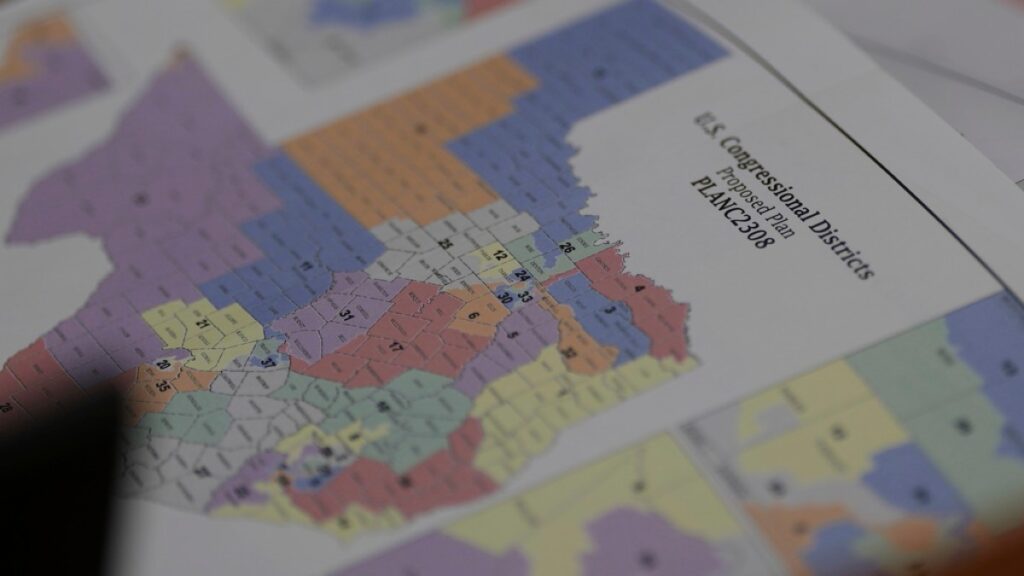
In a bold political maneuver, Texas Democrats have left the state to prevent a vote on new congressional maps that Republicans, backed by former President Donald Trump, hope will secure additional seats in the 2026 midterm elections. The Democrats’ exodus, which occurred on Sunday, aims to thwart the Republican-controlled Texas House from advancing a redistricting plan that could bolster the GOP’s narrow majority.
The dramatic departure could result in fines and other penalties for the Democrats, as Texas Attorney General Ken Paxton has previously threatened arrest for such actions. However, since refusing to attend legislative sessions is a civil violation, it remains unclear who would enforce any warrants, as Democrats cannot be jailed for this infraction.
The Stakes of Redistricting
This latest political standoff underscores the high stakes of redistricting, a process that can significantly alter the political landscape. The proposed map, which Republicans unveiled last week, aims to create five new Republican-leaning districts. Currently, Republicans hold 25 of Texas’s 38 congressional seats.
President Trump has urged Republicans to redraw the map to prevent a repeat of the 2018 midterms, when Democrats gained control of the House, hindering his legislative agenda. Texas Democrats, however, view this as an attempt to undermine the political power of diverse communities.
“This is not a decision we make lightly, but it is one we make with absolute moral clarity,” stated Gene Wu, chair of the House Democratic Caucus.
Historical Context and Reactions
This is not the first time Texas Democrats have employed such a tactic. In 2021, they staged a 38-day walkout to protest new voting restrictions. The current situation echoes that standoff, highlighting ongoing tensions over voting rights and representation in the state.
Governor Greg Abbott, a Republican, called a special legislative session last month to address redistricting and other issues, such as responding to deadly flooding in Texas Hill Country. The governor’s agenda has faced significant opposition from Democrats, who argue that the redistricting efforts are a power grab.
Implications and Future Outlook
The Democrats’ decision to leave Texas has sparked a national conversation about the ethics and legality of redistricting. Critics argue that gerrymandering undermines democracy by allowing politicians to choose their voters, rather than the other way around. Supporters of the GOP’s plan contend that the new map reflects demographic changes and is necessary for fair representation.
As the standoff continues, the future of Texas’s political map remains uncertain. The absence of at least 51 Democratic members means the Texas House lacks the quorum needed to conduct official business. This impasse could delay legislative action on other critical issues facing the state.
“Apathy is complicity, and we will not be complicit in the silencing of hard-working communities who have spent decades fighting for the power that Trump wants to steal,” said Josh Rush Nisenson, spokesperson for the House Democratic Caucus.
Looking ahead, the outcome of this political battle could have far-reaching implications for both Texas and national politics, particularly as the country prepares for the next round of elections. The Democrats’ bold move has drawn attention to the importance of fair representation and the ongoing struggle for voting rights in the United States.






